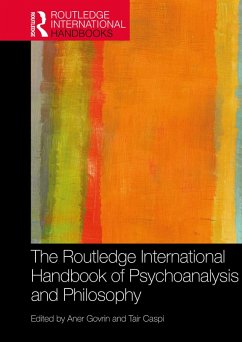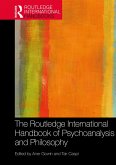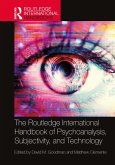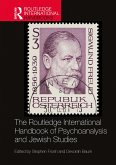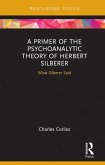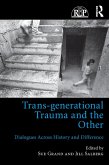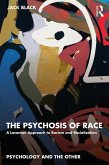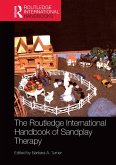Written by a team of world-leading experts, including established scholars, psychoanalysts and emerging talents, the Handbook investigates and discusses the psychoanalytic schools and their philosophical underpinning, as well as contemporary applied topics. Organized into five sections, this volume investigates and discusses how psychoanalysis stands in relation to leading philosophies such as Wittgenstein, Heidegger, Nietzsche, and Kant; philosophical perspectives on psychoanalytic schools such as Freud, Klein, Bion, Kohut, and Lacan; how psychoanalysis addresses controversial topics in philosophy such as truth, language and symbolism, ethics, and theories of mind. The last section addresses contemporary applied subjects in psychoanalytic thought: colonialism, gender, race, and ecology.
This Handbook offers a novel and comprehensive outlook vital for scholars, philosophers, practicing psychoanalysts and therapists alike. The book will serve as a source for courses in psychoanalysis, philosophy of science, epistemology, ethics, semiotics, cognitive science, consciousness, gender, race, post-colonialism theories, clinical theory, Freud's studies, both in universities and psychoanalytic training programs and institutes.
Dieser Download kann aus rechtlichen Gründen nur mit Rechnungsadresse in A, B, BG, CY, CZ, D, DK, EW, E, FIN, F, GR, HR, H, IRL, I, LT, L, LR, M, NL, PL, P, R, S, SLO, SK ausgeliefert werden.
Jay Greenberg, Ph.D., Training and Supervising Analyst, William Alanson White Institute, USA. Former Editor of The Psychoanalytic Quarterly and recipient of the Mary S. Sigourney Award for Outstanding Achievement in Psychoanalysis, 2015.
'Freud always thought that psychoanalysis would take over from the philosophy of mind and make it redundant. He seems to have been wrong because Aner Govrin and Tair Caspi, the editors, have collected a significant team of contemporary philosophers from around the world who are still investigating just how the two disciplines compare, contrast, discount each other or can collaborate together. So, what has psychoanalysis done with philosophy and for philosophy, they ask; and also philosophy for psychoanalysis.
There is a landmark quality about this extensive compendium of these two overlapping and penetrating disciplines. These thirty-three Chapters pick out the interacting schools - both philosophical and psychoanalytic - and the multiple philosophical influences on our confusing dispersion of the psychoanalytic schools. This wide-ranging gathering of knowledgeable philosophers and psychoanalysts will tell us, and if they don't, then they give us much to think about for ourselves. It is for reference, frequent reference.'
Bob Hinshelwood, Professor Emeritus, University of Essex, UK
'Panoramic in scope and scholarly in execution, the Handbook edited by Aner Govrin and Tair Caspi brings together contributions from some of today's leading thinkers across both disciplines, including philosophically-engaged practising psychoanalysts, to present a stimulating overview of contemporary developments. What struck me most about this collection is the multiple ways in which the essays variously bring the old and the established into innovative dialogue with the new and the forward-looking. Traditional giants of philosophy and enduring philosophical themes are here cross-fertilized with traditional giants of post-Freudian and enduring psychoanalytic issues. What emerges is a series of fresh perspectives on important topics on the interface of both disciplines some of these perspectives unfolding in the light of contemporary movements and concerns. There are some real gems amongst these contributions, and I expect that different readers will be rewarded by finding their own different favourites.
I recommend this handbook as a valuable and thought-provoking collection giving a timely snapshot of forward-looking twenty-first-century thinking about the interface between psychoanalysis and philosophy. In my view it will stand the test of time as a significant contribution to demonstrating that psychoanalysis and philosophy simply cannot do without each other.'
Agnes Petocz, PhD, Senior Lecturer, Western Sydney University, Australia. Author of Freud, Psychoanalysis and Symbolism (CUP, 1999)

